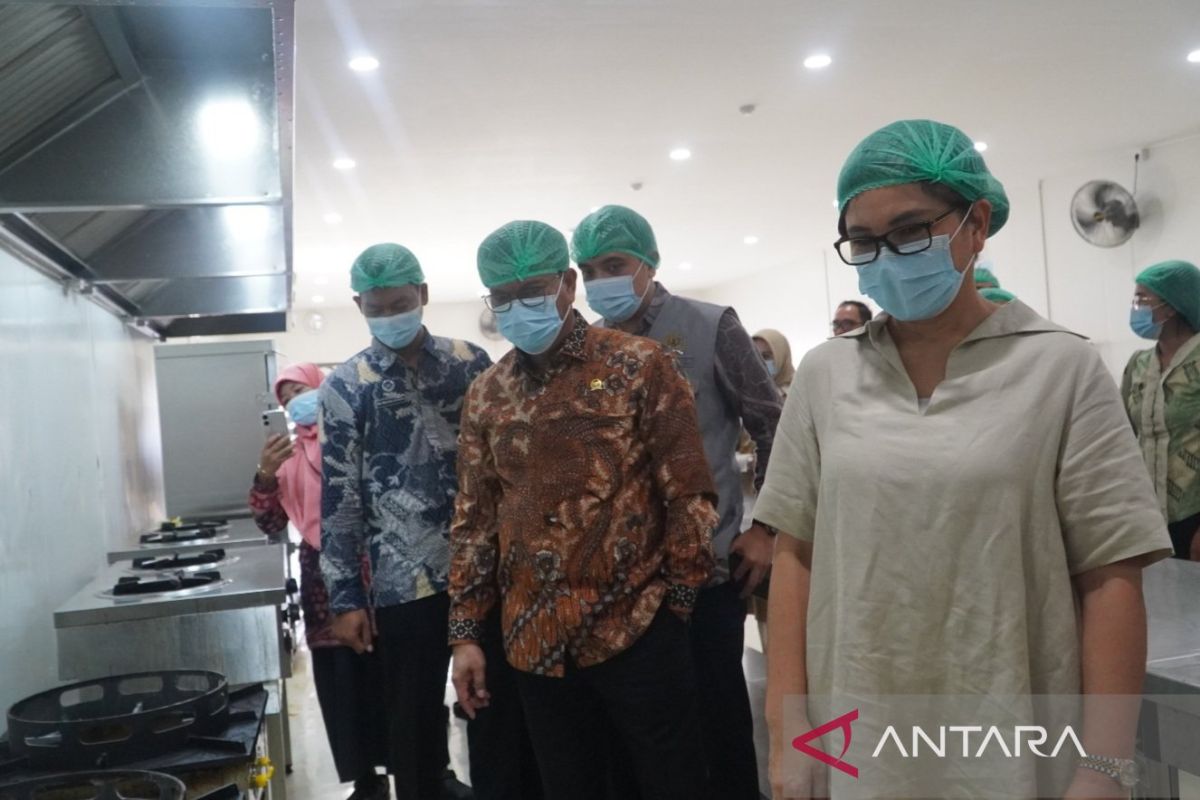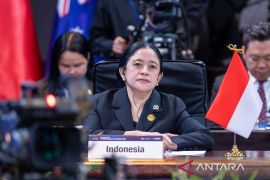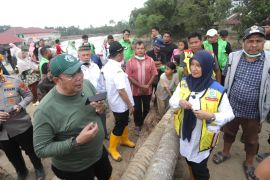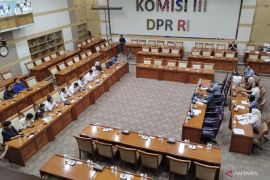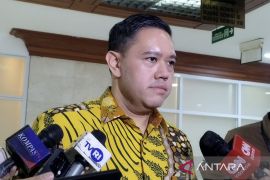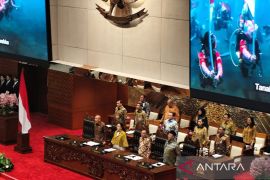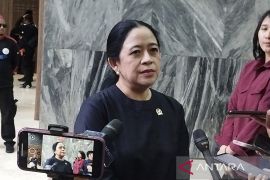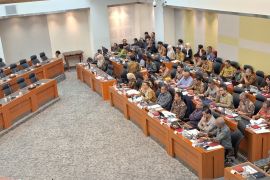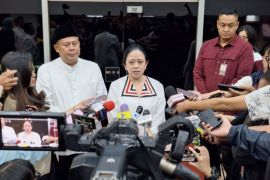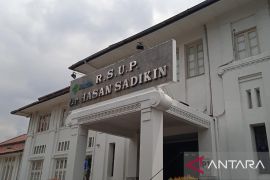According to Felly, as quoted here on Friday, adjusting the menu plays a crucial role in ensuring meals are fully consumed by students.
“This is an important note. We must evaluate from time to time how much food is left uneaten. The program should not become ineffective simply because the menu does not match the preferences of children in certain regions,” she said after inspecting the MBG kitchen at the Nutrition Fulfillment Service Unit (SPPG) Plawa in Denpasar, Bali.
Felly also highlighted the importance of effective implementation of the MBG Program as a key government instrument in reducing stunting rates in Indonesia.
“We must not stop there. With the MBG Program, the goal is to achieve zero stunting, so the program must be maximized to reach that target,” she said.
She further emphasized that the program’s success would not only improve children’s health but also generate a multiplier effect for the local economy, especially for farmers and small traders. Therefore, she encouraged prioritizing the use of locally sourced agricultural products in preparing MBG meals.
Earlier, the Government Communication Agency stated that the MBG Program emphasizes local potential to ensure that meals and ingredients from program areas are utilized.
Noudhy Valdryno, Deputy for Dissemination and Media Information at the Government Communication Agency, explained that in regions closer to the sea, MBG menus would largely feature fish.
“The key is how fish can be processed to meet the Recommended Dietary Allowance (AKG), which serves as an indicator in the MBG Program,” he said.
He added that BGN continuously monitors AKG in each region. When an SPPG unit is established, three BGN representatives and the SPPG head are assigned to manage the kitchen.
Launched on January 6 as one of President Prabowo Subianto’s flagship programs, MBG has reached more than 20 million citizens nationwide through nearly six thousand operational SPPGs.
Besides school-age children, the program also serves pregnant women, breastfeeding mothers, and toddlers. The President aims for MBG to reach at least 82.9 million beneficiaries by the end of 2025.
Related news: Bali: MBG program uses Rp104 billion to serve 256,000 residents
Related news: Indonesia creates 141 task forces to expand MBG to remote areas
Related news: Papua: Free meals program covers 178 schools in Jayapura City
Translator: Primayanti
Editor: Azis Kurmala
Copyright © ANTARA 2025
